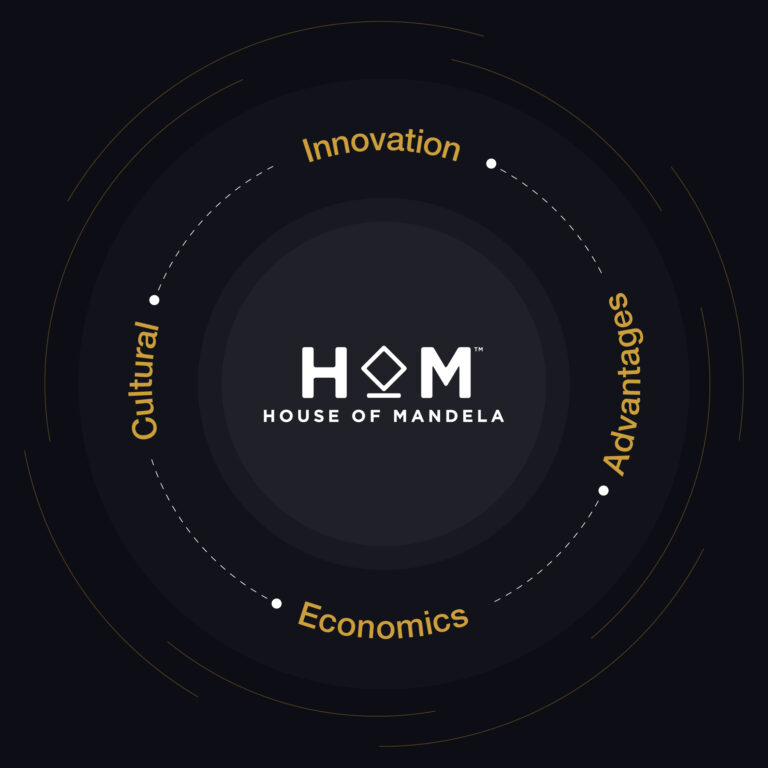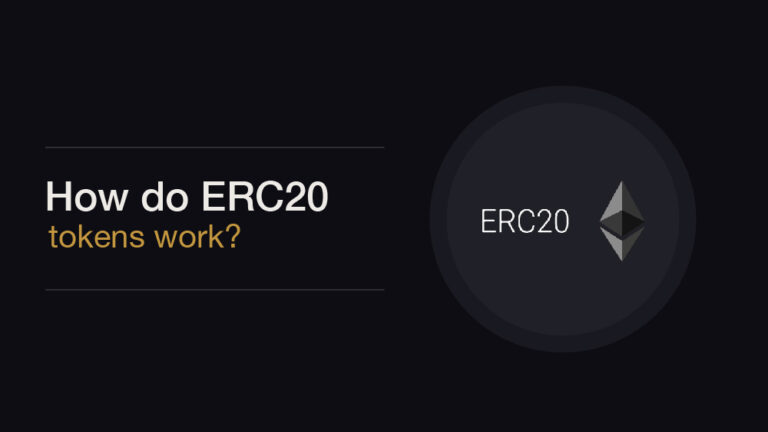Nelson Mandela is one of the most iconic figures of our time. His legacy of fighting for equal rights and justice for the people of South Africa has led to a more prosperous nation. But what economic system does South Africa have, and how did Mandela’s leadership contribute to its current state?
Introduction of Nelson Mandela and the Economic System of South Africa
Nelson Mandela was the first democratically elected president of South Africa, serving from 1994 to 1999. He is widely known for leading the fight against racial segregation and apartheid in South Africa. Mandela is also credited for bringing about a new era of freedom and equality in the country.
South Africa is a mixed market economy, which relies primarily on private investment and consumption to drive economic growth. The government plays a role in setting economic policies and providing public services, but market forces determine the price of goods and services. This type of economic system is based on competition and is characterized by a high degree of economic freedom.
The Impact of Apartheid on South Africa’s Economy
Before Mandela’s presidency, South Africa was ruled by the apartheid system, a system of racial segregation. This system caused economic hardship for many South Africans and contributed to a lack of economic growth. Apartheid caused a large wealth gap between white and black South Africans, with white South Africans having access to better education, healthcare, and job opportunities. This inequality harmed the country’s economy, leading to decreased economic growth and increased poverty.
Apartheid also created several economic obstacles, such as limited access to international markets, high levels of corruption, and a lack of foreign investment. These obstacles made it difficult for South Africa to compete in the global economy, leading to decreased economic growth.
The Role of Nelson Mandela in Reforming South Africa’s Economic System
Nelson Mandela was instrumental in reforming South Africa’s economic system. He implemented many reforms, such as the Reconstruction and Development Program (RDP), designed to improve living standards and reduce poverty. The RDP included job creation, infrastructure investment, and access to education and healthcare.
Mandela also sought to increase foreign investment in South Africa by creating a more stable and secure business environment. He was committed to reducing government corruption and creating a more open and transparent economy. These reforms helped to attract foreign investment and increase economic growth.
South Africa’s Market Economy and the Role of the Government
South Africa’s economy is driven mainly by its market economy. This means that the prices of goods and services are determined by supply and demand rather than by the government. The government plays an important role in setting economic policies and providing public services, but it does not intervene in the market.
The South African government is responsible for setting monetary and fiscal policies, such as setting interest rates, controlling inflation, and managing the budget. It also provides public services like healthcare, education, and infrastructure. The government also plays an important role in regulating the financial sector and protecting consumers.
What Type of Economic System Does South Africa Have?
South Africa has a market economy with a high degree of economic freedom. Individuals and businesses can produce, buy, and sell goods and services without government interference. The government sets economic policies and provides public services, but market forces determine the price of goods and services.
South Africa’s economic system is based on encouraging innovation and providing incentives for businesses to produce high-quality goods and services. This economic system has enabled South Africa to attract foreign investment and grow its economy.
South Africa’s Economic Challenges
South Africa still faces many economic challenges. Despite its market economy, South Africa is still plagued by high levels of poverty and inequality. The high levels of inequality are mainly due to the legacy of apartheid, which caused a large wealth gap between white and black South Africans.
A lack of access to capital, high levels of government corruption, and an inefficient public sector also hinder the South African economy. These challenges are preventing South Africa from reaching its full economic potential.
The Benefits of South Africa’s Economic System
Despite its economic challenges, South Africa’s economic system has provided many benefits. The market-based system has enabled South Africa to attract foreign investment and increase economic growth. This has led to an increase in job opportunities and a rise in living standards.
The economic system has also fostered competition, which has encouraged innovation and increased the quality of goods and services. This has enabled South Africa to become an essential player in the global economy.
House of Mandela Token
House of Mandela has started speaking to South Africa and the African continent regulators to integrate the HOM Token into the pre-existing bank market. They aren’t going to pursue the model that’s already been done in terms of doing it outside the formal banking environment but creating unique rails and bringing them in and making them an added component to the financial system.
Unlike the US, where the markets are so valuable, it doesn’t cause a moral hazard as a systemic risk. In South Africa, for example, with the future evaluations of the HOM Token being 52 billion USD, it’s an accepted form of tender and legal tender to Africa and South Africa if something happens. When people convert crypto to fiat, they can do it through their local bank, which they already trust as issuers and merchants. House of Mandela’s strategy is to integrate with the regulators and to grow organically over ten years to become a former legal tender.
To learn more, visit www.houseofmandelatoken.com today!



